|
|
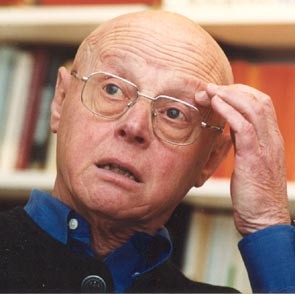
|
Geert Hofstede
Industrial age: »The big are eating the small«
Service age: »The fast are beating the slow«
Knowledge age: »Socially competent companies win against
socially incompetent companies«
|
Hofstede´s Five-Dimensions Model
Starting with IBM 1970s:
If all
engineers are working in the same company and having the same education
but still behave very differently, there must be cultural
differences.
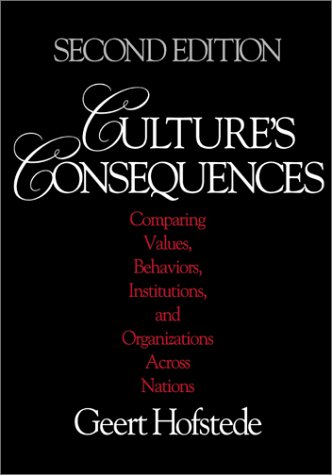
Culture, understood as the accumulation of shared meanings,
rituals, norms and traditions among members of an organisation or society, is
the collective programming of the mind which distinguishes members of one group
or society from those of another.
Therefore culture is not a phenomenon in its own right. It is
the difference perceived, and only then perceived, by one group when it comes
into contact with and observes another one. It is important to point out that the idea of pure cultures meeting in intercultural exchanges without much knowledge about the other culture is
outdated.
Today almost everybody
outside a given culture has some information and knowledge about that culture,
however superficial.
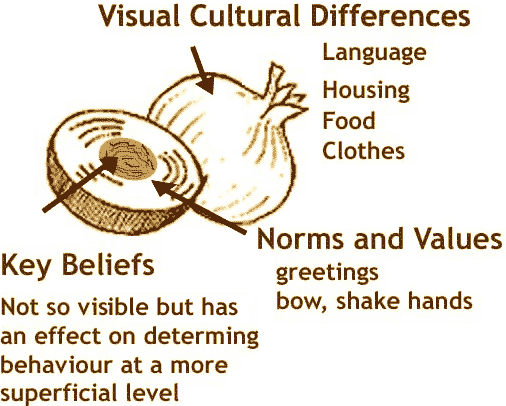
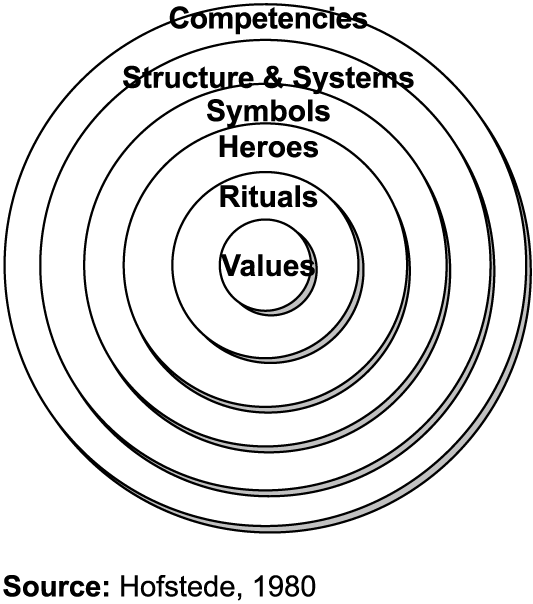
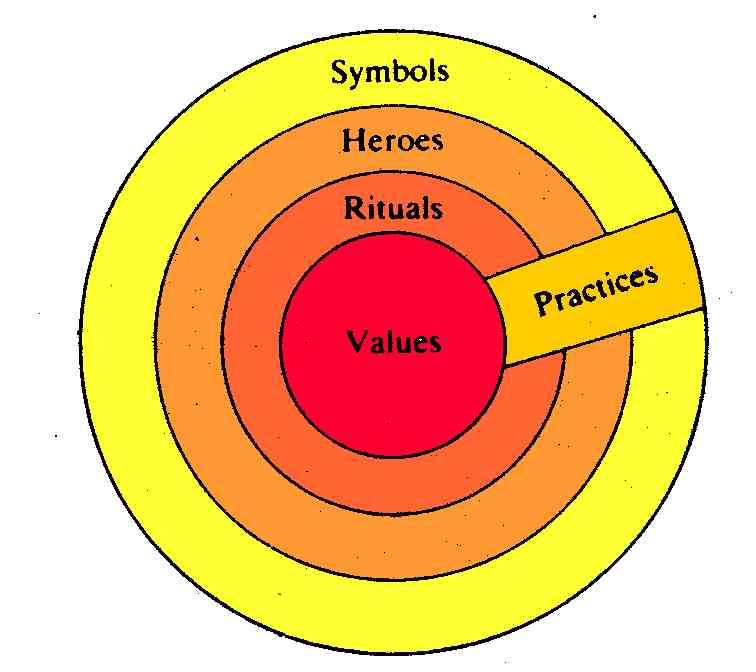
The foundation for most
cross-cultural interpretation is the work of Geert Hofstede. He developed with
the help of large-scale samples starting in the 1970s cultural index scores for
five constructs:
Power distance,
Uncertainty avoidance,
Individualism/Collectivism,
Masculinity/Feminity and
Long term/Short term
orientation.
Hofstede’s five cultural
dimensions with scores for China, Japan, USA and Switzerland (lowest possible
score 1, highest possible score 118)
|
Dimensions
|
China
|
Japan
|
USA
|
Germany
|
|
(1) Power Distance.
The extent to which the less powerful members of a society accept and
expect
that power is distributed unequally.
|
80
|
54
|
40
|
35
|
|
(2) Uncertainty
Avoidance. The extent to which a culture programs its members to feel either
uncomfortable or comfortable in unstructured situations and
tries to control the uncontrollable.
|
30
|
92
|
46
|
65
|
|
(3) Individualism
is the degree to which individuals are supposed to look after themselves or remain
integrated into groups (Collectivism).
|
20
|
46
|
91
|
67
|
|
(4) Masculinity
refers to the distribution of emotional roles between the genders, it opposes
“tough”
masculinity to “tender” feminity.
|
66
|
95
|
62
|
66
|
|
(5) Long-term
orientation refers to the extent to which a culture programs its members to
accept delayed gratification of their material, social and emotional
needs.
|
118
|
80
|
29
|
31
|
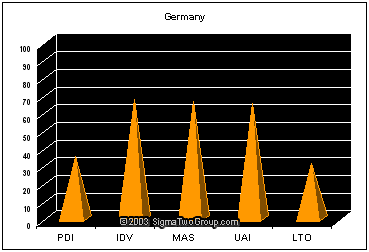 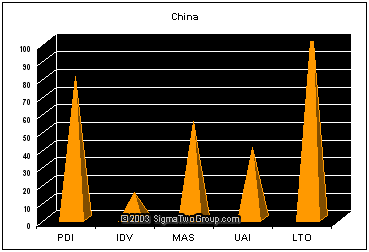 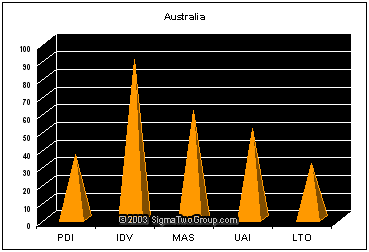 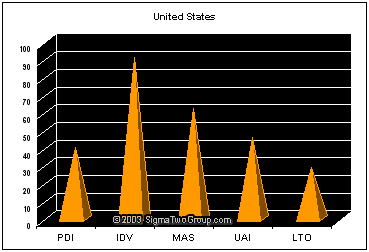
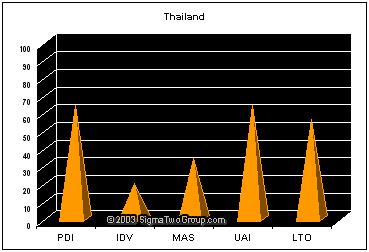 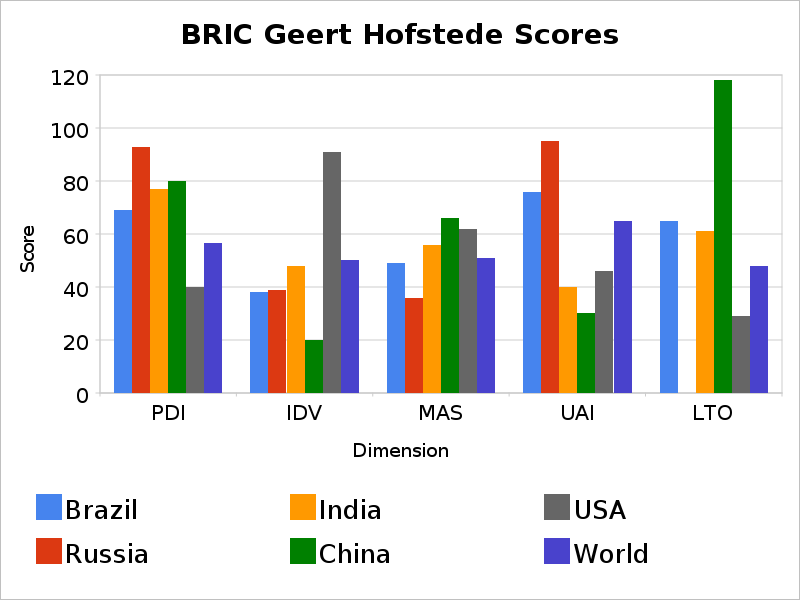
Consequences:
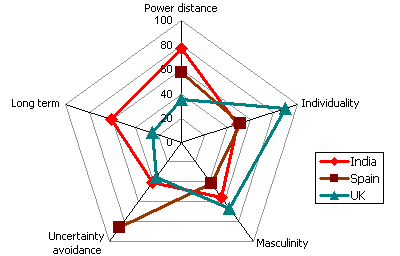
Example: Conflict Management - The printing
company
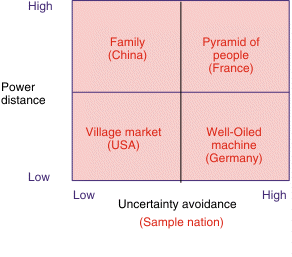
|













